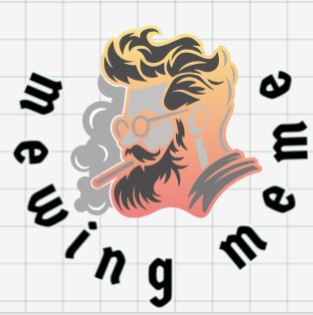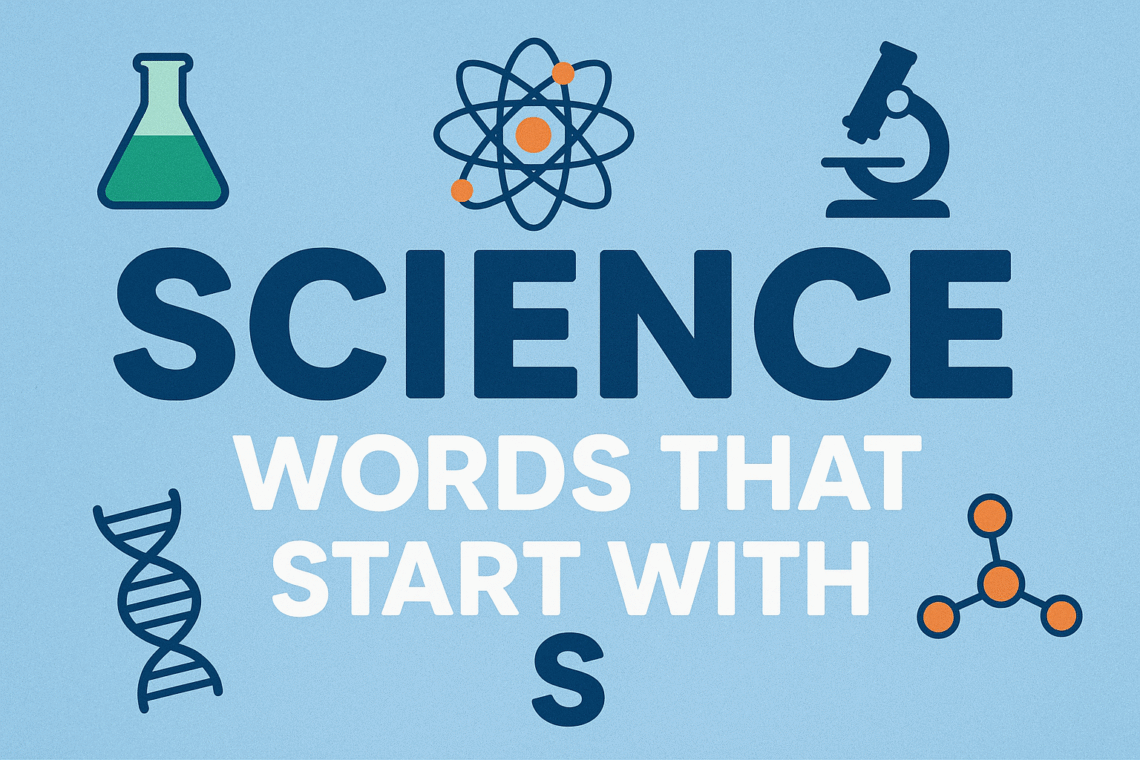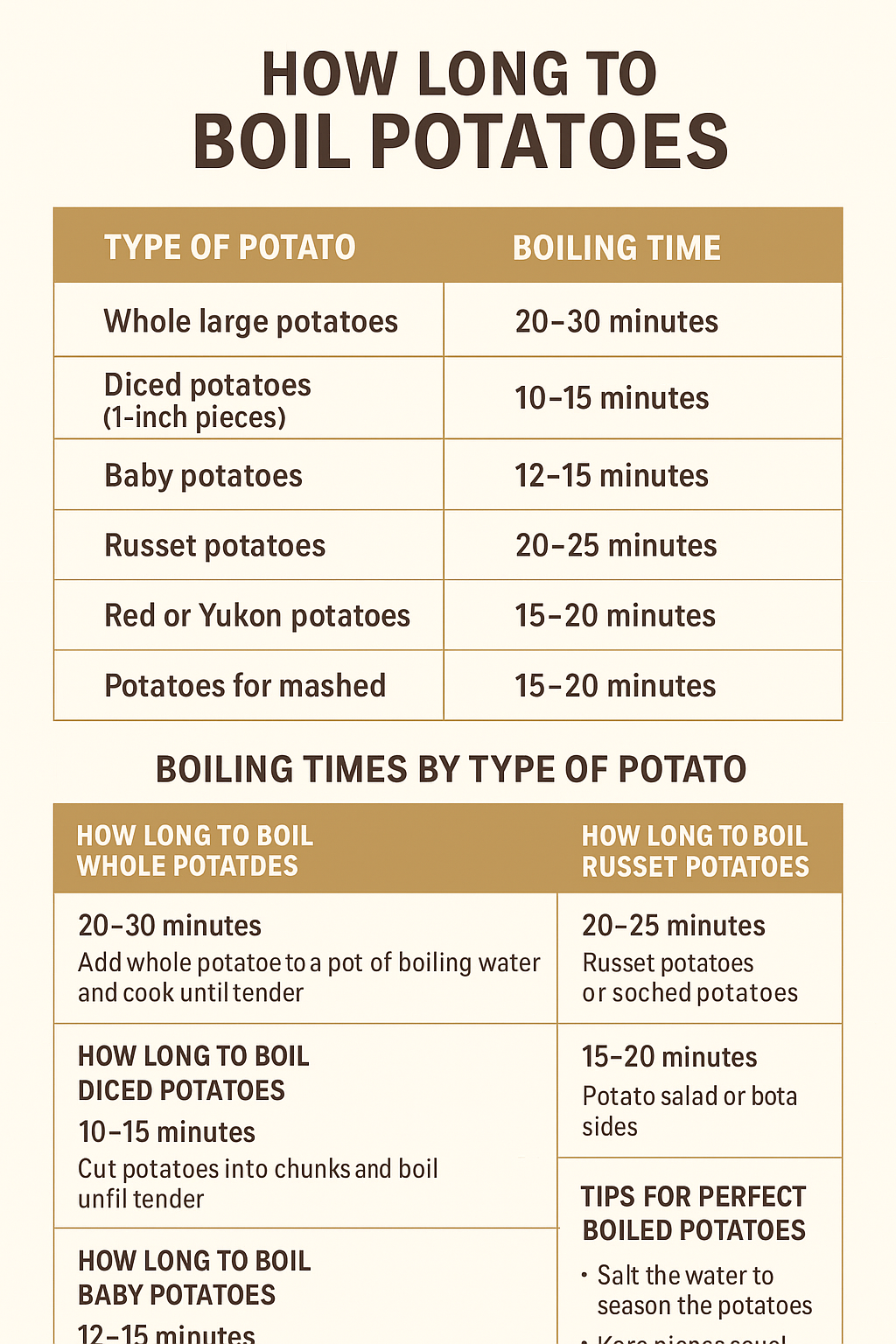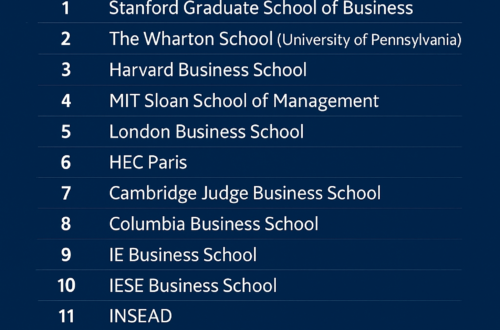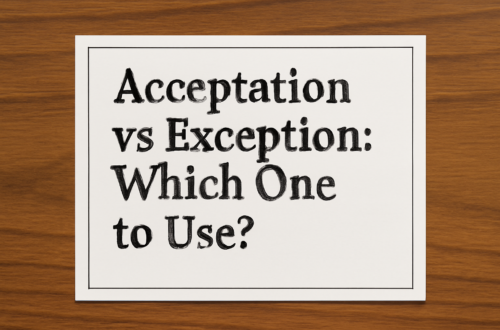Science is full of fascinating terms, and many of them begin with the letter S. Whether you’re a student preparing for a quiz, a teacher looking for vocabulary lists, or simply someone who loves expanding their knowledge, learning science words that start with S can be extremely helpful. These words appear across different scientific branches—biology, chemistry, physics, astronomy, earth science, and even environmental science.
In this article, we’ll explore a wide range of science words beginning with S, explain their meanings in simple language, and show how they are used in real scientific contexts. Let’s dive in!
Why Learn Science Words That Start With S?
There are several reasons why exploring science vocabulary alphabetically—especially words starting with S—is useful:
- Boosts scientific literacy: Many scientific processes and tools start with S.
- Improves academic performance: Helpful for assignments, exams, and science fairs.
- Strengthens communication: Makes it easier to understand scientific texts and discussions.
- Expands general knowledge: These words appear in science documentaries, articles, and research.
Common Science Words That Start With S
Here are some of the most commonly used science terms beginning with S, along with easy definitions and examples.
1. Science (General Term)
The systematic study of the natural world through observation and experiment.
Example: Science helps us understand how the universe works.
2. Solute (Chemistry)
A substance that dissolves in a solvent to form a solution.
Example: Sugar is the solute when mixed with water.
3. Solvent (Chemistry)
A liquid that dissolves a solute.
Example: Water is known as the universal solvent.
4. Solution (Chemistry)
A mixture formed when a solute dissolves in a solvent.
Example: Saltwater is a solution.
5. Species (Biology)
A group of organisms that can reproduce and have fertile offspring.
Example: Humans belong to the species Homo sapiens.
6. Symbiosis (Biology)
A close relationship between two different species.
Example: Bees and flowers share a symbiotic relationship.
7. Sediment (Earth Science)
Particles of rock, minerals, or organic matter deposited by water, wind, or ice.
Example: Rivers carry sediment downstream.
8. Seismic Waves (Earth Science)
Vibrations that travel through Earth during an earthquake.
Example: Scientists use seismic waves to study Earth’s interior.
9. Satellite (Astronomy/Technology)
An object that orbits a planet—natural or artificial.
Example: The Moon is Earth’s natural satellite.
10. Solar Energy (Physics/Astronomy)
Energy from the Sun.
Example: Solar panels convert solar energy into electricity.
Advanced Science Vocabulary Starting With S
Now let’s look at more advanced and specialized science words that start with S.
11. Subatomic (Physics)
Refers to particles smaller than atoms.
Example: Electrons and neutrons are subatomic particles.
12. Spectroscopy (Chemistry/Physics)
A method used to study the interaction between matter and electromagnetic radiation.
Example: Spectroscopy helps astronomers identify elements in stars.
13. Stem Cells (Biology)
Undifferentiated cells that can develop into different cell types.
Example: Stem cell research offers hope for regenerative medicine.
14. Synapse (Biology)
The junction between two nerve cells.
Example: Signals are transmitted across the synapse by neurotransmitters.
15. Supernova (Astronomy)
A massive explosion of a dying star.
Example: Supernovae create heavy elements like gold and iron.
16. Sustainability (Environmental Science)
The practice of using resources in a way that preserves them for the future.
Example: Recycling promotes environmental sustainability.
17. Sublimation (Chemistry/Physics)
A process where a solid changes directly into gas without becoming liquid.
Example: Dry ice undergoes sublimation.
18. Salinity (Ocean Science)
The amount of salt in water.
Example: The salinity of seawater affects marine life.
19. Semiconductor (Physics/Technology)
A material with electrical conductivity between that of a conductor and an insulator.
Example: Semiconductors are essential in computer chips.
20. Synoptic (Meteorology)
Related to providing a general view of weather conditions.
Example: Synoptic charts help meteorologists predict weather.
Science Words That Start With S (Short List)
Here’s a quick summary list for revision:
- Solution
- Species
- Symbiosis
- Solvent
- Solar System
- Solar Energy
- Sedimentary
- Seismic
- Synapse
- Supernova
- Stem Cell
- Subatomic
- Semiconductor
- Salinity
- Sustainability
Examples of Science Sentences Using S Words
- The scientist analyzed the sediment under a microscope.
- Solar energy is becoming a leading renewable resource.
- The species adapted quickly to its new environment.
- Synapses allow nerve cells to communicate.
- The supernova was visible even from Earth with a telescope.
These sentences help reinforce how the vocabulary is used in real scientific contexts.
Conclusion
Science words that start with S cover a wide range of topics—from biology and chemistry to physics and astronomy. Learning these terms helps students understand key scientific concepts and improves overall scientific literacy. Whether you’re studying for exams, building a glossary for a classroom project, or simply expanding your vocabulary, this list offers a solid foundation.
By becoming familiar with these S-words, you’ll find it much easier to read scientific articles, understand classroom lessons, and communicate your ideas clearly.
FAQs
1. What is the easiest science word that starts with S?
“Solution” is one of the simplest and most commonly used.
2. What biology words begin with S?
Species, symbiosis, synapse, stem cell, and sensory.
3. What physics terms start with S?
Supernova, subatomic, spectroscopy, and semiconductor.
4. What earth science words start with S?
Sediment, seismic, soil, and stratification.
5. Are these words suitable for students?
Yes, the list includes both beginner-friendly and advanced vocabulary for all learning levels.
